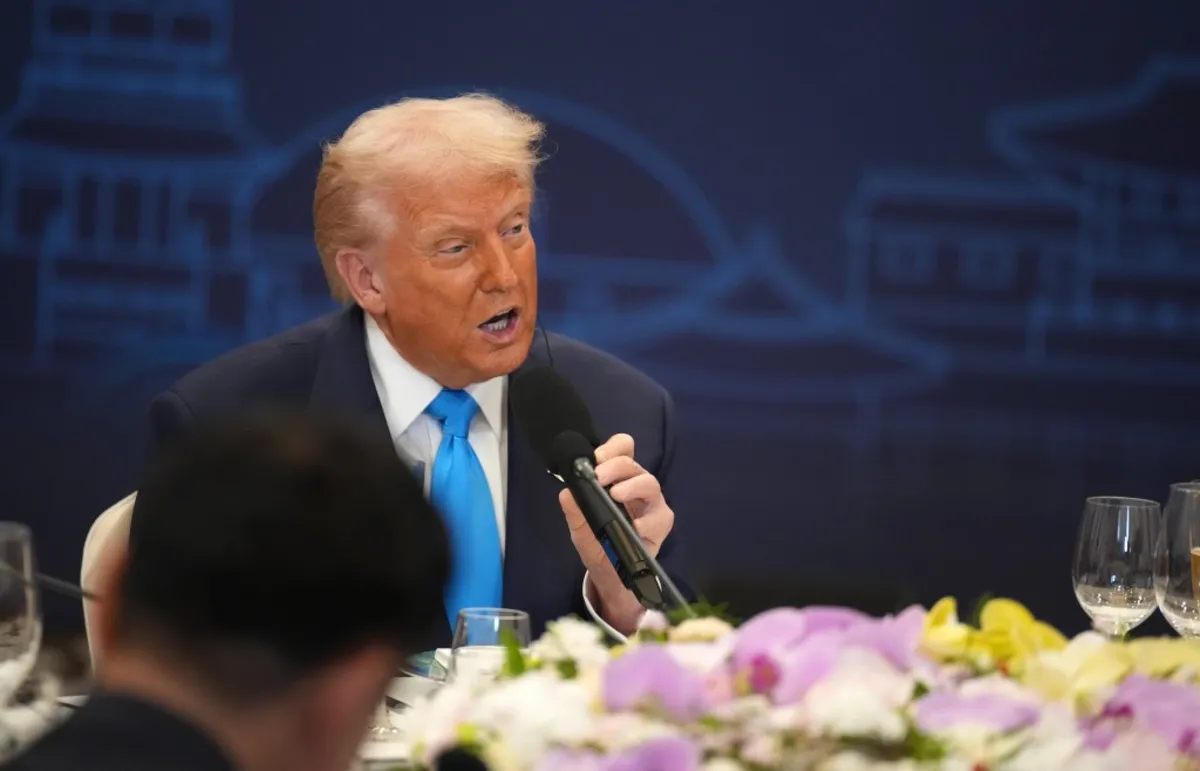
In a recent statement, Donald Trump firmly dismissed the possibility of running for president again in 2028, a move that is restricted by the 22nd Amendment to the Constitution. While speaking to reporters on his way to South Korea on Wednesday, he remarked, “It’s a very interesting thing. I have the best polling numbers for any president in many years. Any president. I would say that if you read it, it’s pretty clear, I’m not allowed to run. It’s too bad. But we have a lot of great people.”
Earlier this week, Trump had hinted at the possibility of a 2028 presidential bid, suggesting he was not completely ruling it out. However, he quickly dismissed one particular scenario in which he would run for vice president and then assume the presidency if JD Vance or another successor resigned. Calling it “too cute,” Trump added, “It wouldn’t be right.” This back-and-forth has left many political observers speculating about his intentions.
On Tuesday, House Speaker Mike Johnson shared insights from his conversation with Trump, noting that while Trump enjoys “trolling the Democrats” with his Trump 2028 merchandise, he sees no feasible way to amend the Constitution. Johnson stated, “I don’t see a way to amend the Constitution, because it takes about 10 years to do that.” His comments reflect a broader understanding that there is no loophole that would allow Trump to circumvent the restrictions imposed by the 22nd Amendment.
The 22nd Amendment, ratified in 1951, explicitly prohibits anyone from being elected president more than twice, effectively barring Trump from a third term. Additionally, any attempt by Trump to run for vice president would conflict with the 12th Amendment, which states that “no person constitutionally ineligible to the office of President shall be eligible to that of Vice-President of the United States.”
Within Trump’s inner circle, some theories suggest that he might only be bound by the eligibility standards that existed in 1804, the year the 12th Amendment was ratified. However, this interpretation remains contentious and lacks legal backing. As the political landscape continues to evolve, it remains to be seen how Trump will navigate these constitutional limitations and what role he may play in future elections.